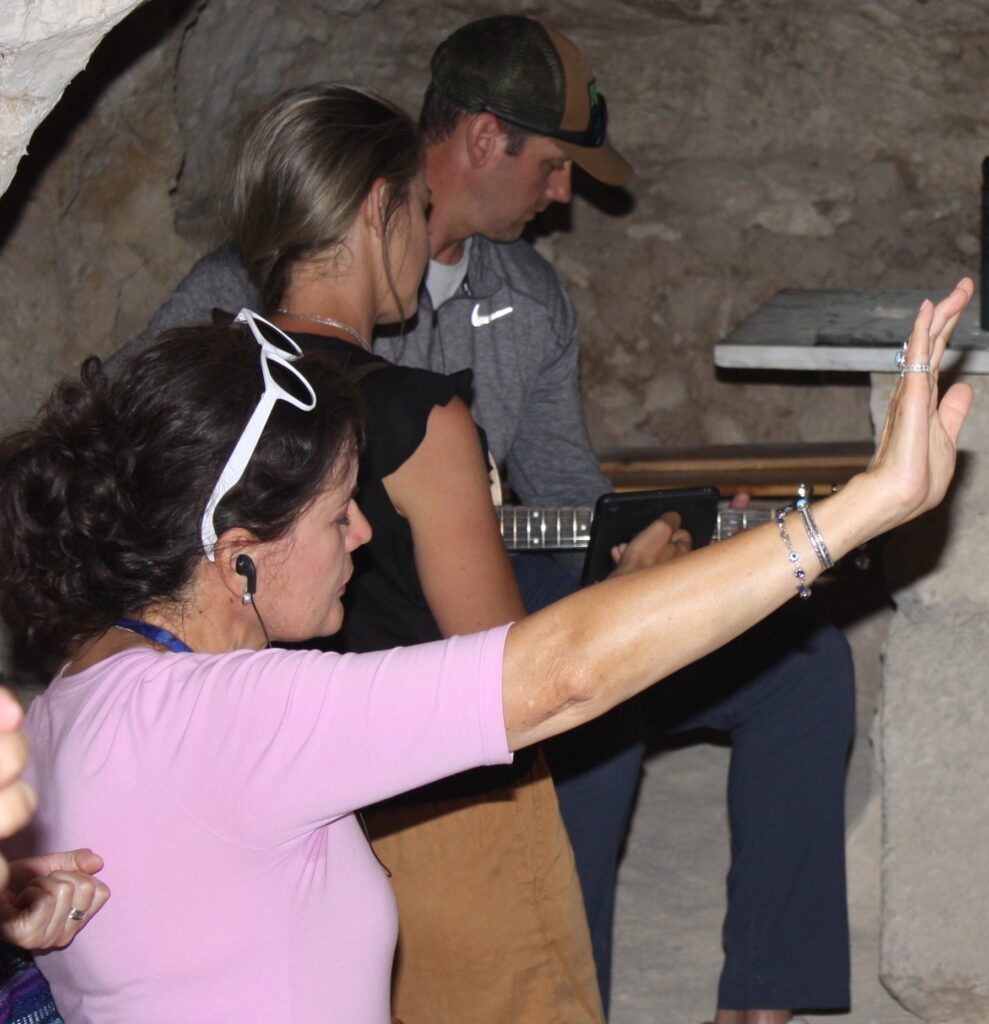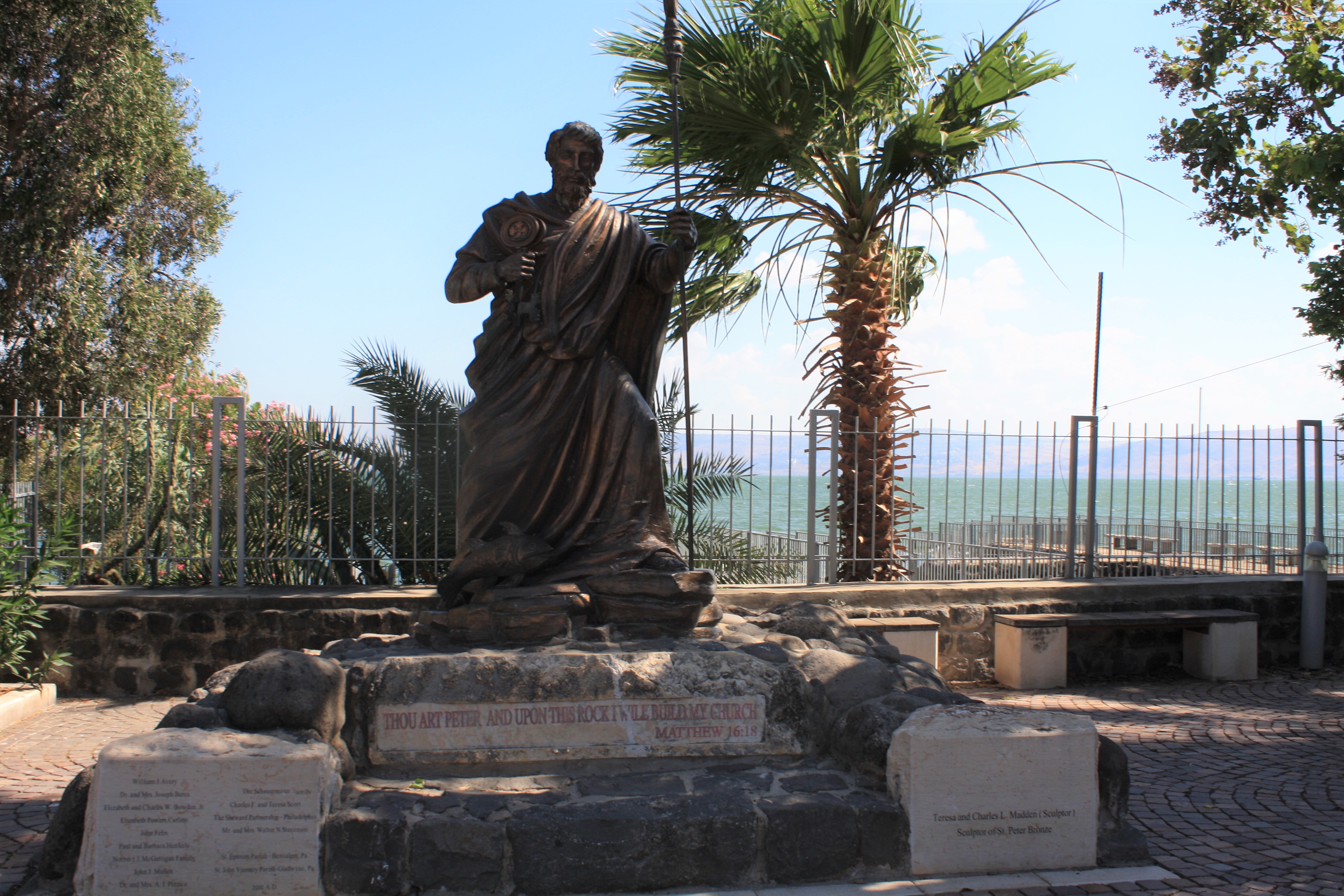
Desperté esta mañana repitiendo un canto que dice,
“Anhelo conocerte más, vivir en santidad en intimidad.
Contigo siempre quiero estar. Tu gloria contemplar por la eternidad.”[1]
El coro dice,
“Lo único que quiero es adorarte.
Lo único que quiero es adorarte.
Vengo a tus pies para entregar mi corazón.
Lo único que quiero es agradarte.
Lo único que quiero es agradarte.
Por siempre cantaré de tu amor.”
Es un canto que expresa el deseo de conocer más a Dios, intimidad que lleva a nuestra santidad. Estas palabras expresan el anhelo que todo creyente debe tener como su enfoque principal. Al cantarlo esta mañana eso es lo que expresaba al Señor. Mi deseo es conocerle, tener intimidad con Él y eventualmente contemplar su gloria por la eternidad.
Este era el enfoque del apóstol san Pablo.
“Considero como pérdida todas las cosas, en comparación con lo incomparable que es conocer a Cristo Jesús mi Señor. Por su causa lo he perdido todo y lo tengo por basura a fin de ganar a Cristo… Anhelo conocerlo a él y el poder de su resurrección, y participar en sus padecimientos, para ser semejante a él en su muerte;” Filipenses 3:8, 10
Pablo dejó literalmente todo para conocer a Cristo. Todo lo consideraba perdido y como basura para ganar a Cristo. Quería conocerle a él, “el poder de su resurrección, y participar de sus padecimientos” de tal manera que fuera tanto como Él aun en su muerte y participar de su resurrección.
El proceso de conocer a Cristo es de toda la vida y debe ir aumentando. Este mes cumplo cuarenta años de conocer a Cristo. Como todo creyente, he experimentado subes y bajas en la vida cristiana, tiempos áridos que llevaron a alejarme de Dios. Sufrimientos, dudas, desánimo y todo lo que es parte de nuestra vida diaria. Pero al pasar los años mi enfoque ha sido conocer a mi Señor. Este deseo ha seguido creciendo, “Anhelo conocerte más, vivir en santidad en intimidad”. El mundo nuestro con sus deseos y su cultura me parece menos atractivo. Mi deseo de contemplar su gloria por la eternidad es más patente.
Este canto me hizo pensar en la eternidad. En la eternidad contemplaremos su gloria. Al contemplar su gloria nuestra respuesta será de adoración. Esta es la adoración que sucede en este momento alrededor del trono de Dios. Seres celestiales le adoran de día y de noche diciendo, dicen,
“¡Santo, Santo, Santo es el Señor Dios Todopoderoso, que era y que es y que ha de venir!” (Apoc. 4:8)
Al hacerlo, los veinticuatro ancianos que representan los creyentes de todas las edades se unen en la adoración,
“se postran delante del que está sentado en el trono y adoran[e] al que vive por los siglos de los siglos; y echan[ sus coronas delante del trono, diciendo:
11 “Digno eres tú,
oh Señor y Dios nuestro,
de recibir la gloria,
la honra y el poder;
porque tú has creado
todas las cosas,
y por tu voluntad tienen ser
y fueron creadas”. (Apoc. 4:10-11)
La gloria y la santidad de Dios llevan a los seres celestiales y a los creyentes a adorar a Dios. Esta adoración será perpetua y universal (Salmo Salmo 39:5; 86:9; Jer. 16:19; Apoc. 15:4). ¿Cómo será esto? Personalmente creo que la adoración a Dios es un resultado producido por la gloria y santidad de Dios. Nadie podrá estar delante del Señor sin adorarle. Es obvio que nuestro estado será perfecto, y que nuestra adoración será perfecta. Esta adoración perpetua será fácil de llevarla a cabo porque conoceremos la gloria y santidad del Señor como nunca antes la hemos conocido. Esta adoración será tan natural como cantar un canto constantemente como lo he estado haciendo esta mañana. Los cantos son expresiones de nuestro corazón a Dios por lo que Él es en su carácter, por lo que ha hecho por nosotros, y por lo que hará. Pienso que cada uno de nosotros también adorará a Dios de una manera única y Dios la recibirá con agrado.
¿Por qué le agrada a Dios nuestra adoración? Porque Dios nos creó para adorarle a Él (Efesios 1:6). Esta es la razón principal de nuestro existir. La adoración a Dios debería ser lo más natural para nosotros. Pero sabemos que aun como creyentes carecemos de perfección en nuestra adoración a Él. Pero no debe ser excusa. Debemos seguir conociéndole (aun en sus sufrimientos) y a menudo que pasamos más tiempo con Él en intimidad, más le anhelaremos, más le adoraremos y menos desearemos de este mundo con sus deseos. Seremos más santos. El Salmo 29:2 nos invita a adorarle:
“Den al SEÑOR la gloria debida a su nombre. Adoren al SEÑOR en la hermosura de la santidad.”
Puedes hacerlo con un canto hoy día, orando a Él, pasando tiempo en su Palabra, y reconociéndole a Él en todo lo que hagas hoy.
[1] Lo Único Que Quiero. Letra & Música Por: Israel Chaparro & Esteban Alvarado








